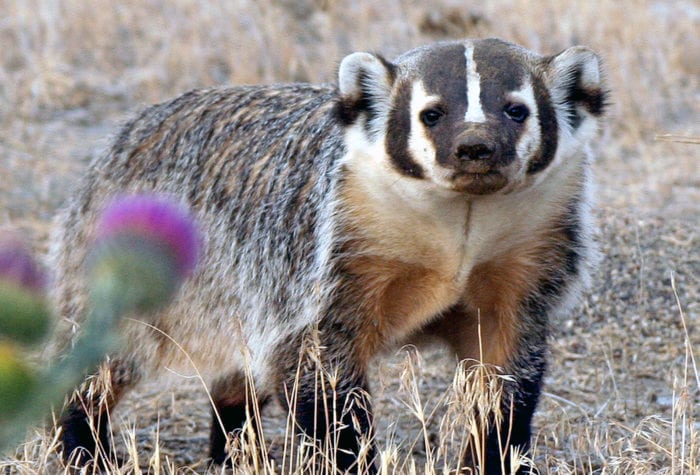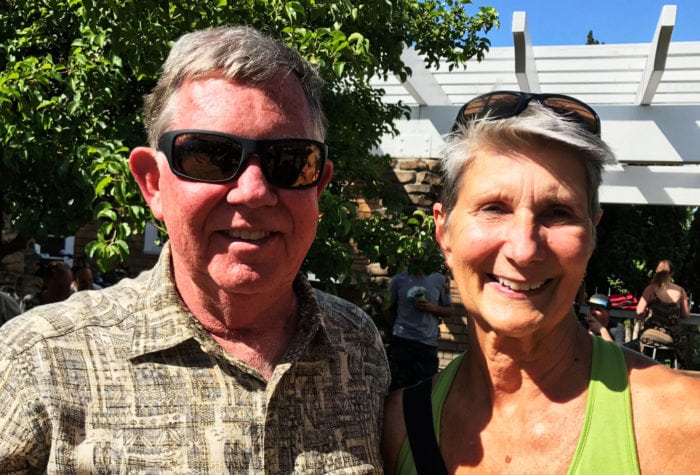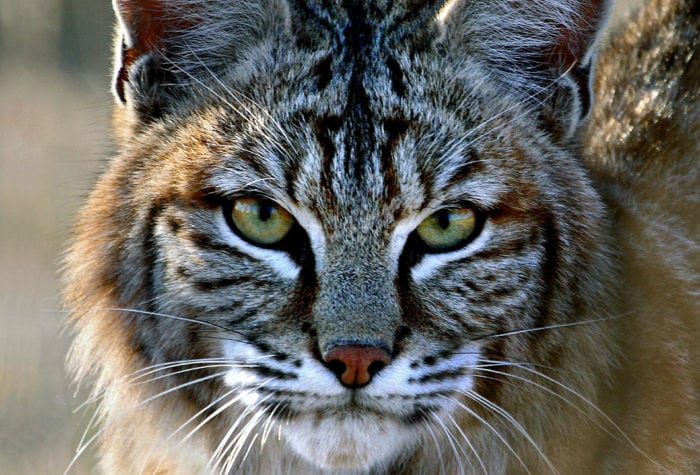ONDA respects gender identity. We understand that we cannot assume to know each others’ pronouns by our names or appearance. For some of us, it is a privilege to not have to worry about which pronoun will be used based on how our gender is perceived. If we fail to respect someone else’s gender identity, it is hurtful and oppressive.
ONDA normalizes the practice of sharing our pronouns to challenge the belief that all pronouns can be assumed and to create a supportive community for all. Creating an inclusive and supportive community is integral to our vision of conserving a high desert where wild places exist for all people to treasure and explore.
For more information, we recommend the following resources:
- Quick facts about gender-neutral pronouns
- Practice using different pronouns
- How to be an ally by stating your pronouns
- A short guide to sharing pronouns


